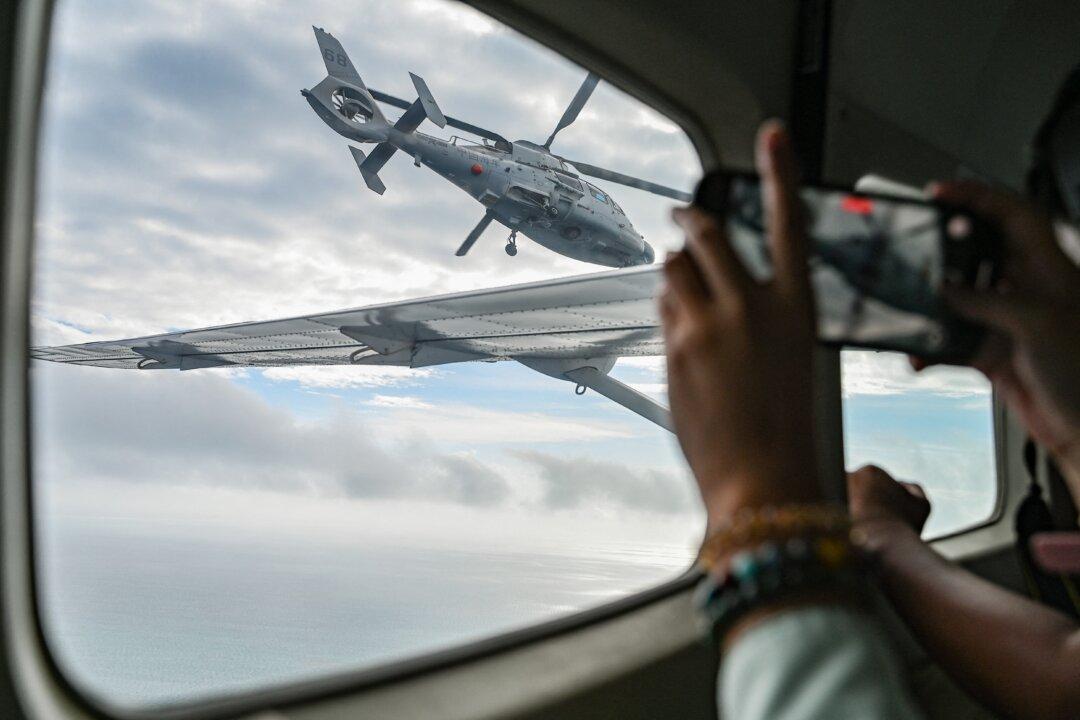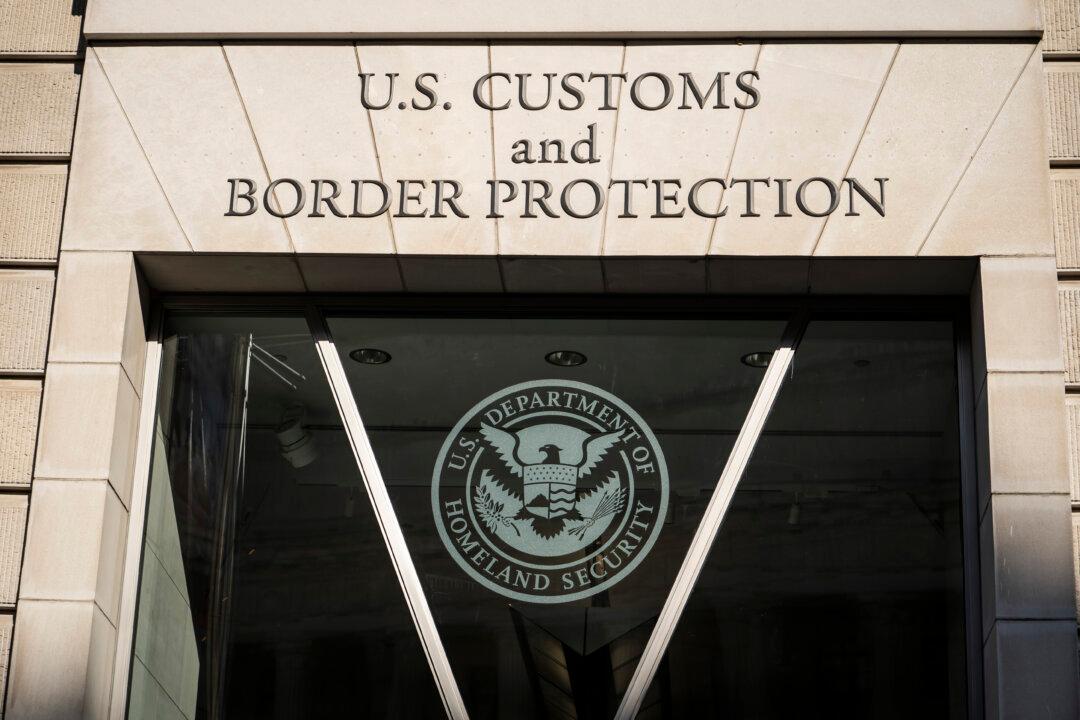TAIPEI, Taiwan—A group of U.S. congressmen arrived in Taiwan on a military plane on Nov. 9, marking the third U.S. delegation to visit the self-ruled island since President Joe Biden took office in January.
At the time of writing, it is unclear which lawmakers are in Taiwan and how many of them are there. The surprise visit was first confirmed by Taiwan’s foreign ministry before the Pentagon confirmed it hours later during a briefing.
“Congressional delegation visits to Taiwan are fairly routine,” Pentagon spokesperson John Kirby told reporters on Tuesday. “It is not uncommon for them to be transported on U.S. military aircraft.”
Kirby described the visit as a “normal practice” by the U.S. government under the Taiwan Relations Act (TRA), a U.S. law that requires Washington to provide the island with military equipment for its self-defense.
Currently, Washington and Taipei are not formal diplomatic allies.
According to Taiwanese media, the congressmen arrived on a U.S. C-40 Clipper military transport plane.
The Chinese regime—which sees Taiwan as a part of its territory and opposes governments and international organizations for making any official contacts with the Taiwanese government—was angered by the visit.
Tan Kefei, spokesperson for the regime’s defense ministry, condemned the visit and accused the United States of having “grossly interfered in China’s internal affairs,” in a written statement.
Tan also threatened Taiwan’s ruling Democratic Progressive Party, warning that it shouldn’t make any “wrong judgment” or “it will only bring serious disaster to the island.”
Also on Tuesday, the Chinese military made it known that it had recently conducted a military exercise. According to China’s state-run media, the Eastern Theater Command of the Chinese military, the People’s Liberation Army (PLA), announced that it had conducted a “combat readiness patrol” near the Taiwan Strait, a narrow body of water separating China and Taiwan.
Taiwan’s Ministry of National Defense also reported PLA activity on Tuesday. It stated that six Chinese military aircraft, including four J-16 fighter jets, entered the island’s air defense identification zone on Nov. 9.
In response, Taiwan scrambled jets, issued radio warnings, and deployed air defense missile systems to monitor the PLA planes.
China’s warmongering attitude was repeated in the country’s state-run media. On Nov. 10, China’s outlet CTGN, the international arm of state broadcaster CCTV, stated that “China is continuing to improve its combat readiness and capabilities to back up its will on the island with the threat of force,” in its commentary article on the visit.
“The U.S. may be willing to touch down a plane on the island to posture, but is it ready to commit itself to a devastating war to save it?” the article asked.
Taiwan’s Premier Su Tseng-chang, when asked by local reporters about the visit on Nov. 10, said that “Taiwan–U.S. relations are very important,” without providing details of the U.S. visit.





